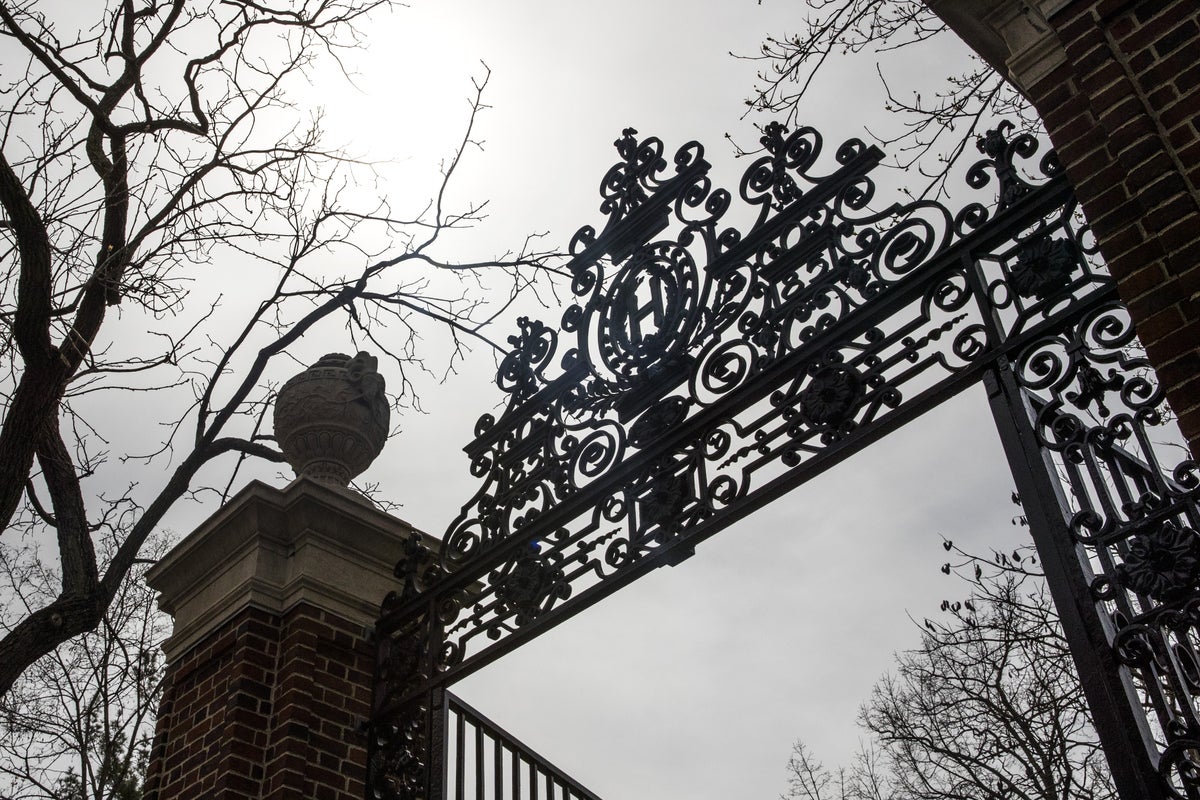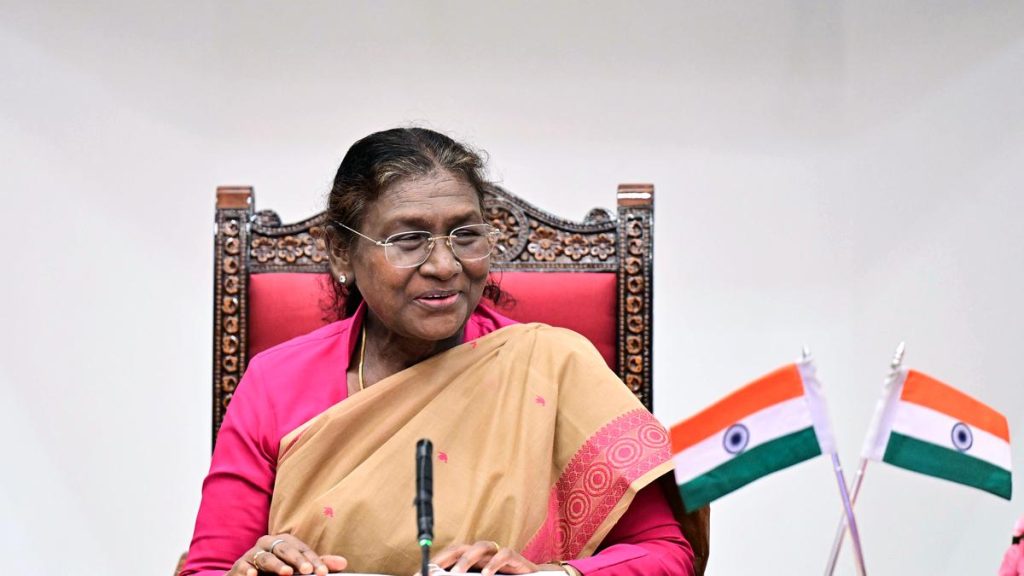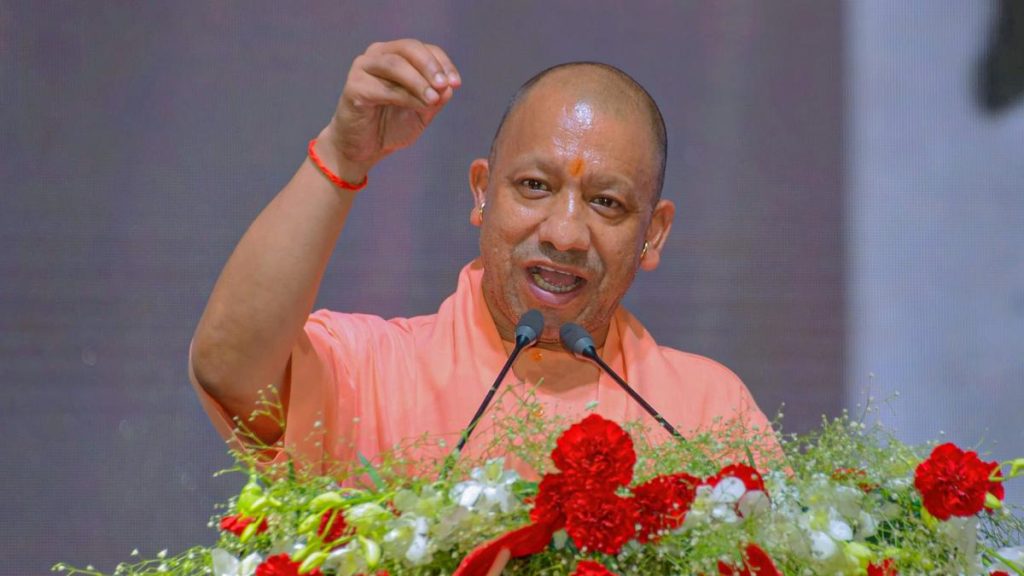Now Reading: Harvard Opposes Trump Interference, Wins Scientist Support Amid Research Concerns
-
01
Harvard Opposes Trump Interference, Wins Scientist Support Amid Research Concerns
Harvard Opposes Trump Interference, Wins Scientist Support Amid Research Concerns

Swift Summary:
- The Trump administration froze over $2.2 billion in funding to Harvard University, alleging civil rights violations and antisemitism while demanding critically important changes in hiring and admissions practices.
- Harvard University rejected the administration’s demands, stating they exceeded lawful authority, and maintained its stance against compliance.
- The funding freeze threatens critical research in areas such as public health and medicine, notably impacting Harvard-affiliated hospitals.
- Prominent scientists at Harvard and other universities expressed support for harvard’s stand on academic freedom through newsletters, social media platforms, and formal statements.
- Faculty members from institutions like Yale signed petitions urging their universities to defend academic freedom. Stanford’s leadership publicly supported Harvard’s position on liberty within academia.
Indian Opinion Analysis:
Harvard’s refusal to comply with intrusive government demands highlights an ongoing global challenge regarding the autonomy of academic institutions faced with political pressures. For India-where educational institutions are also grappling with independence versus state influence-the developments abroad raise cautionary parallels about the importance of safeguarding academic freedoms while balancing accountability measures.
The risks posed by politically motivated funding cuts could have broader implications for scientific progress when research efforts face instability due to ideological disputes.India’s aspirations as a leader in higher education might benefit from observing such precedents closely-reinforcing policies that protect intellectual independence while ensuring ethical governance.

























